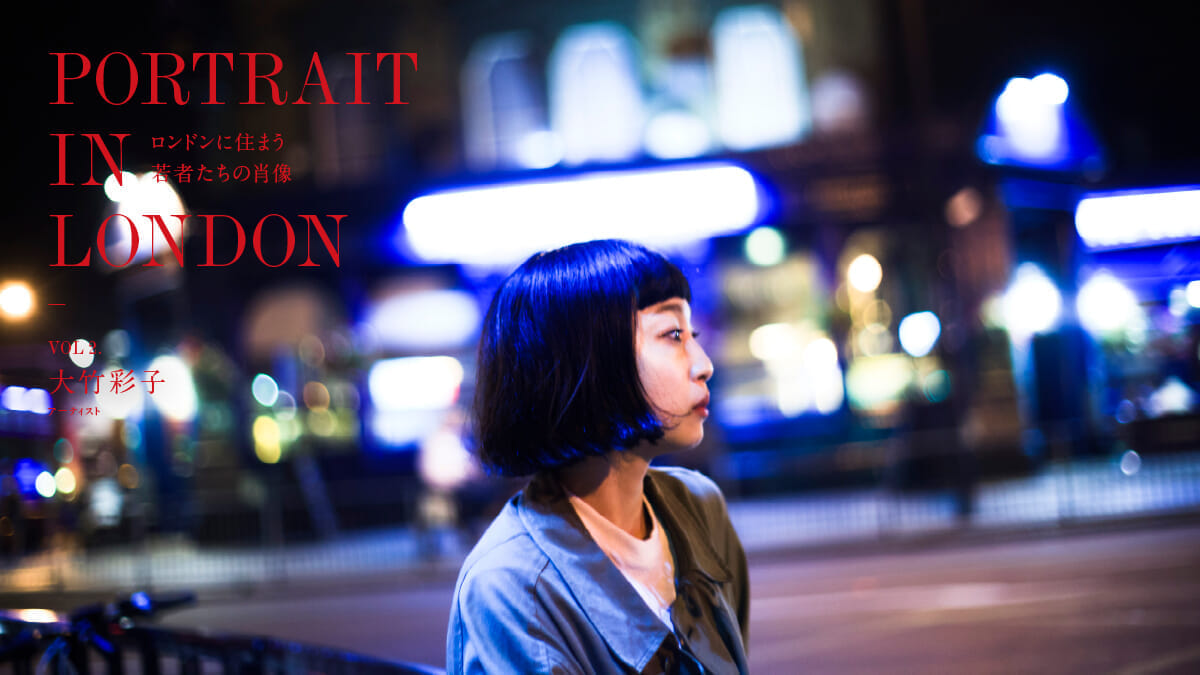
Portraits of young people living in London
PORTRAIT IN LONDON VOL2.Ayako Otake Artist
The United Kingdom in 2016, rocked by the departure from the European Union. Although there are some differences depending on the situation at any given time, the capital city of London has always been a place where people of all races gather and where various cultures thrive. In the UK, which is expected to enter a more turbulent era, what kind of people live, think, and do in London today? This is the second installment of a report on London by photographer Yuichiro Noda, who has been in the area since 2016.
- Photo & Interview & Text_Yuichiro Noda
- Edit_Ryo Komuta









